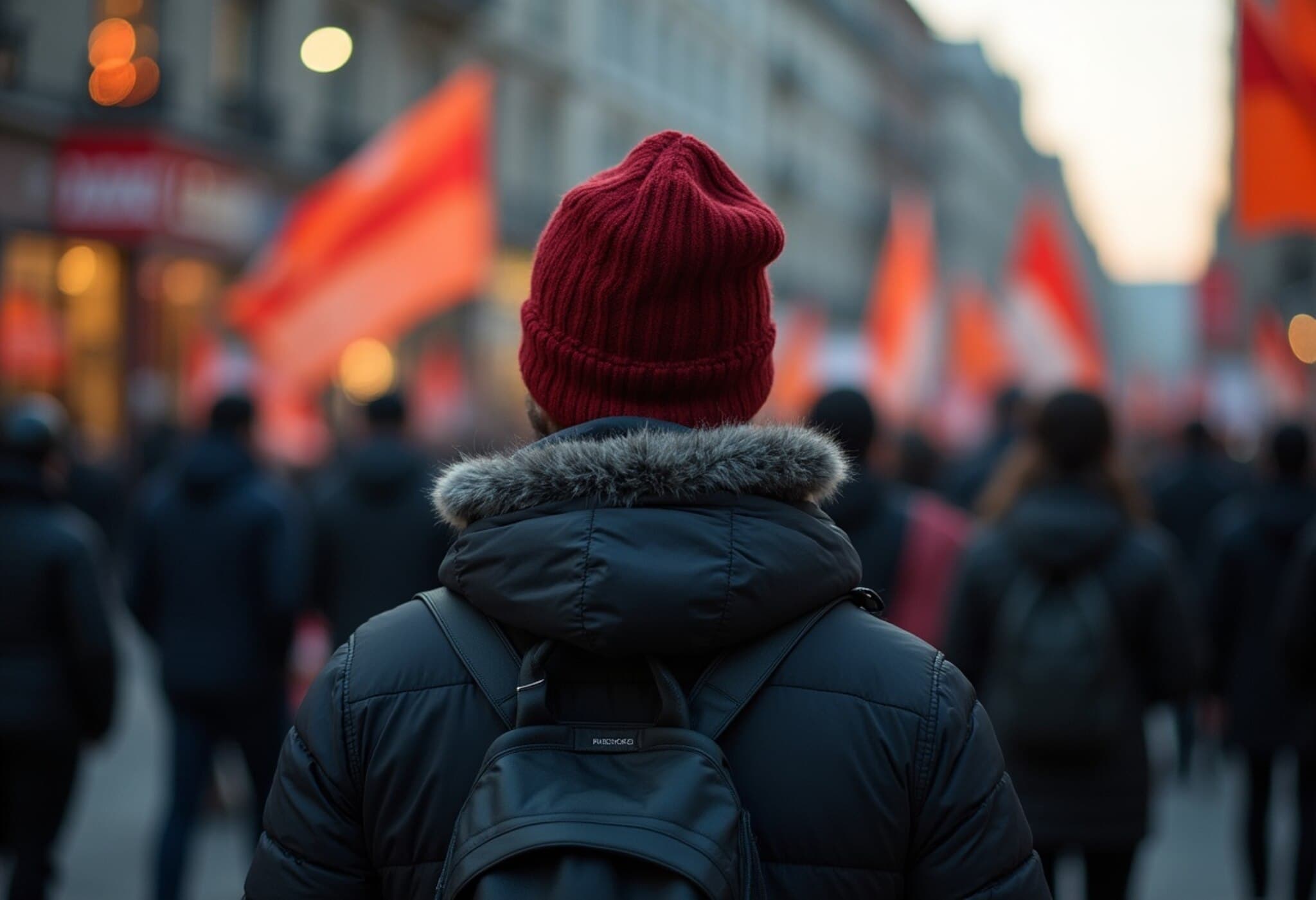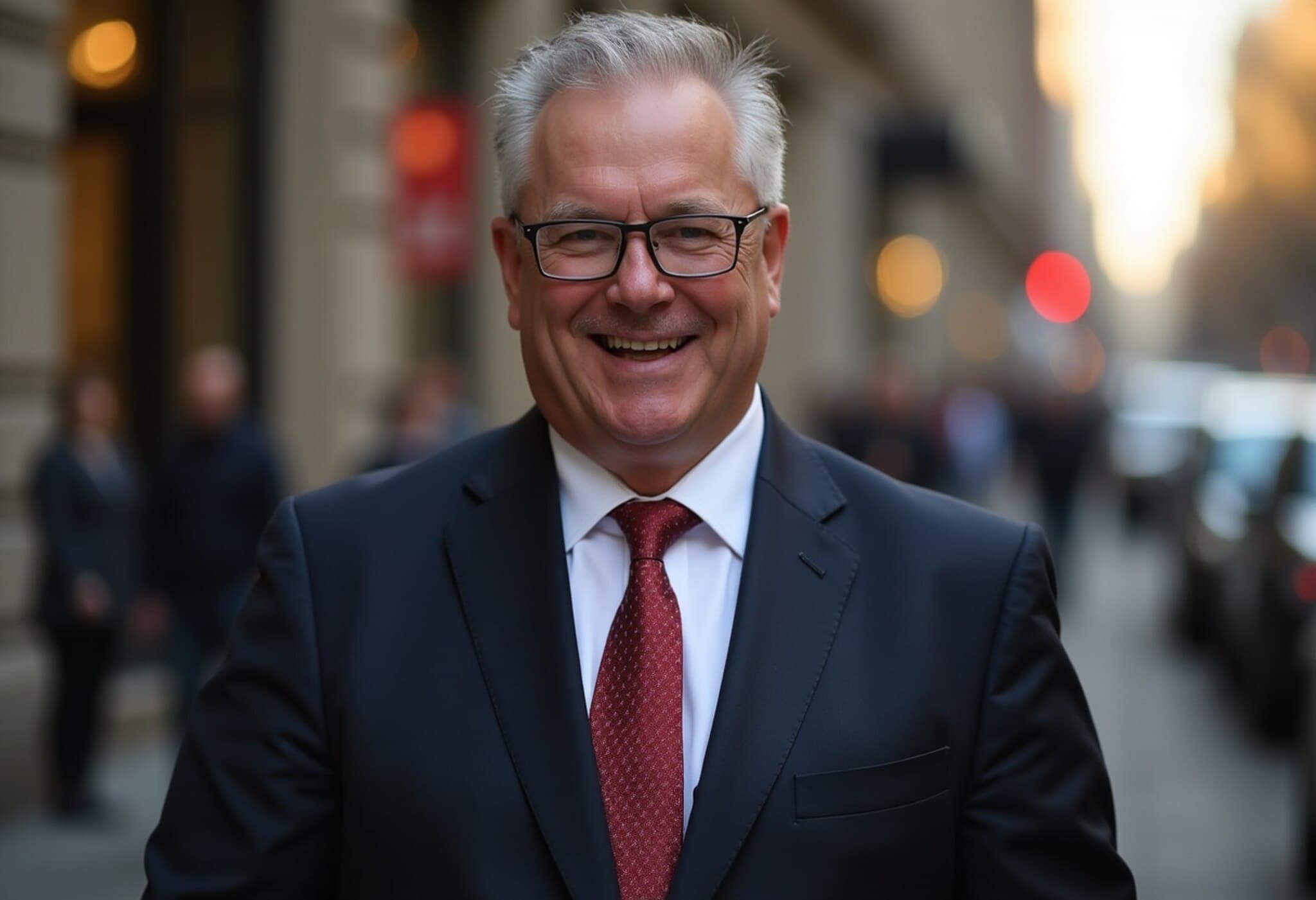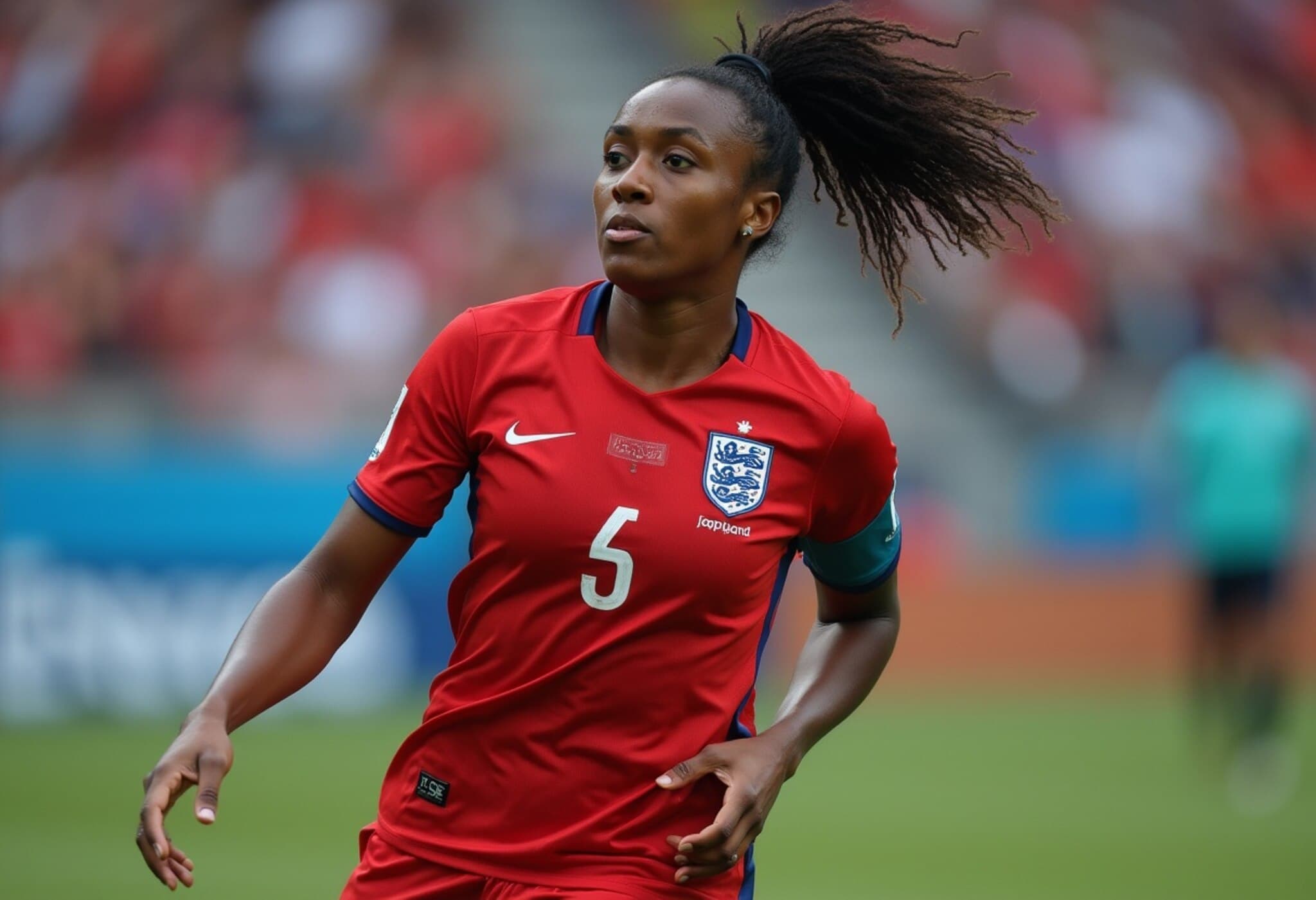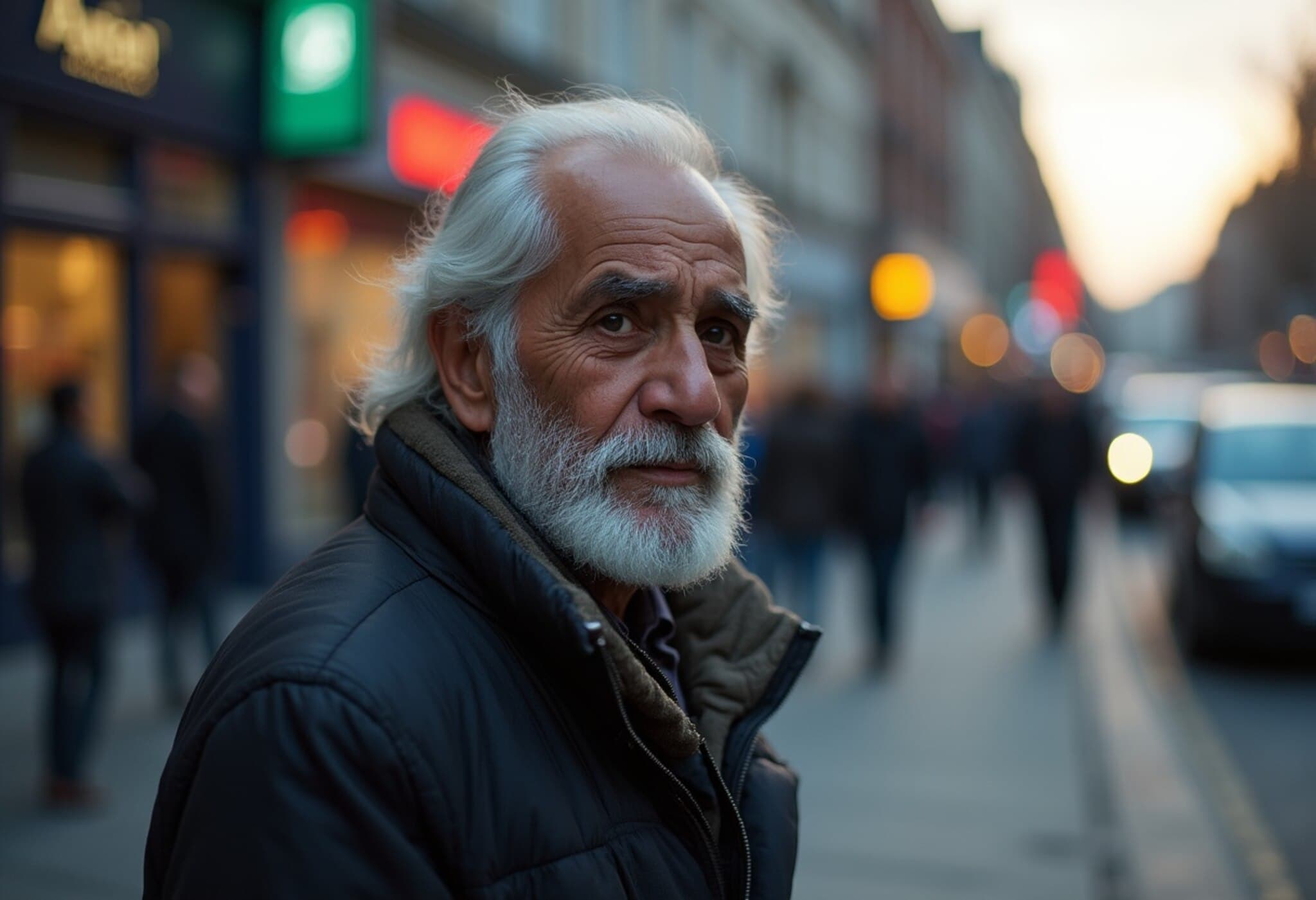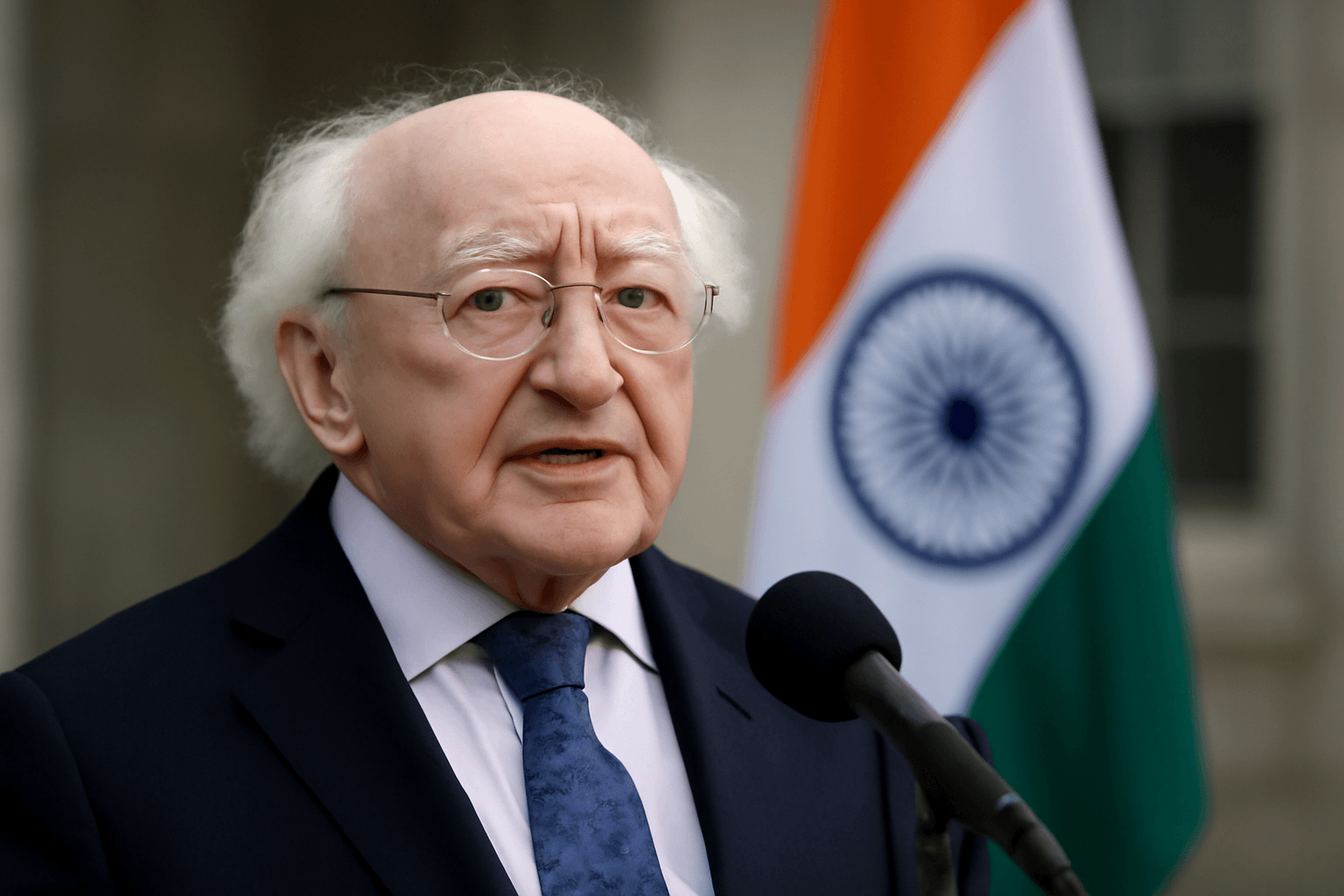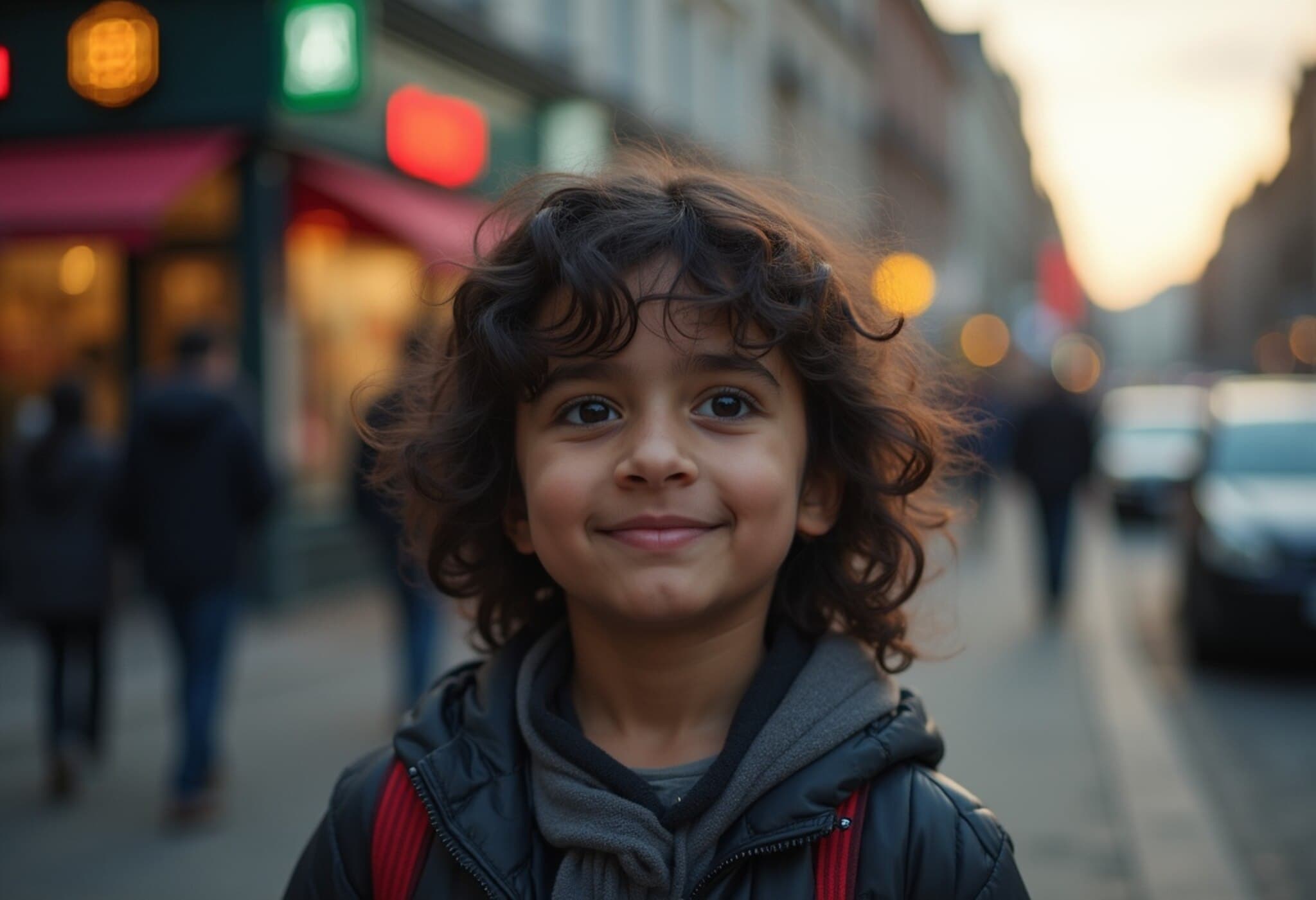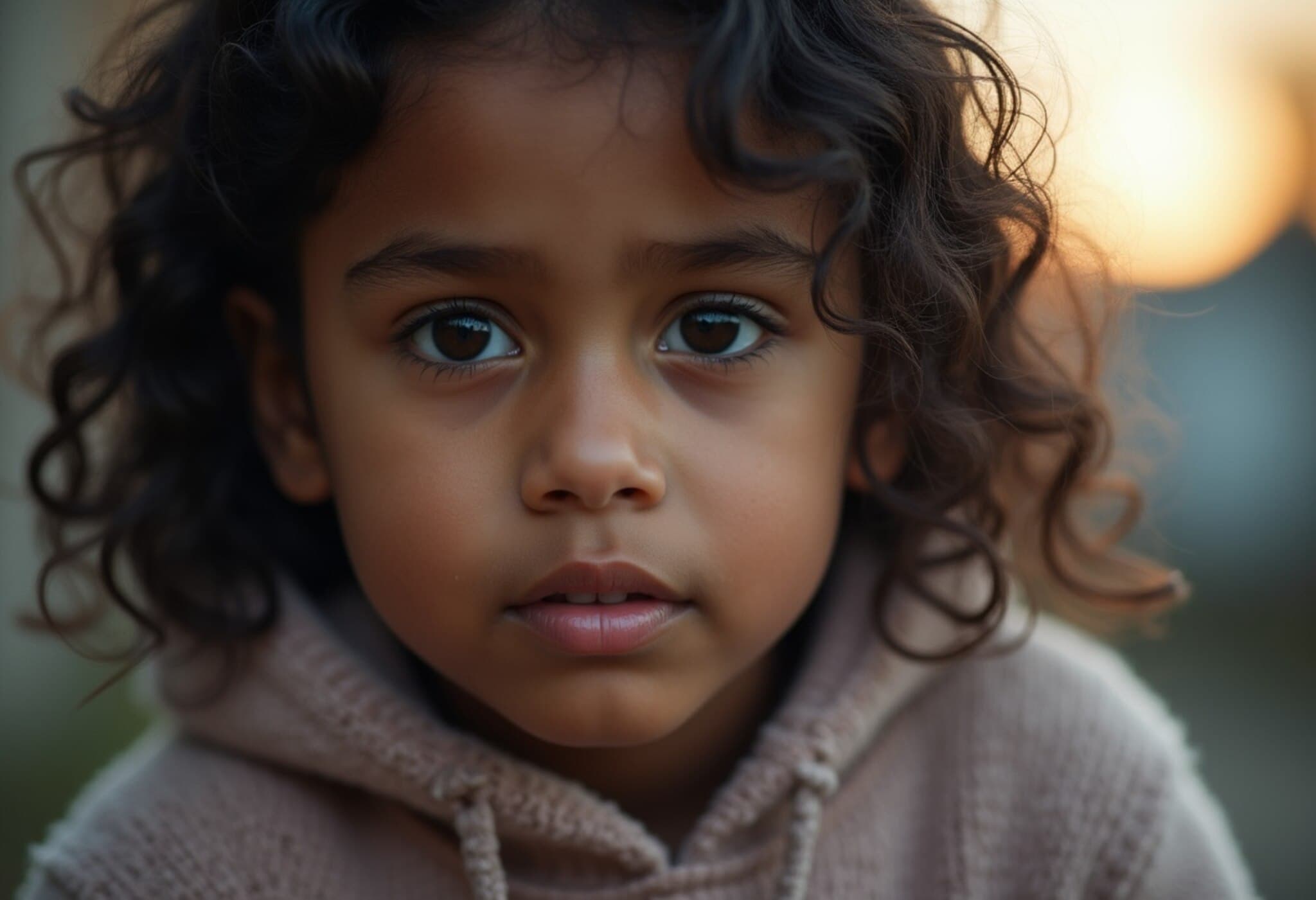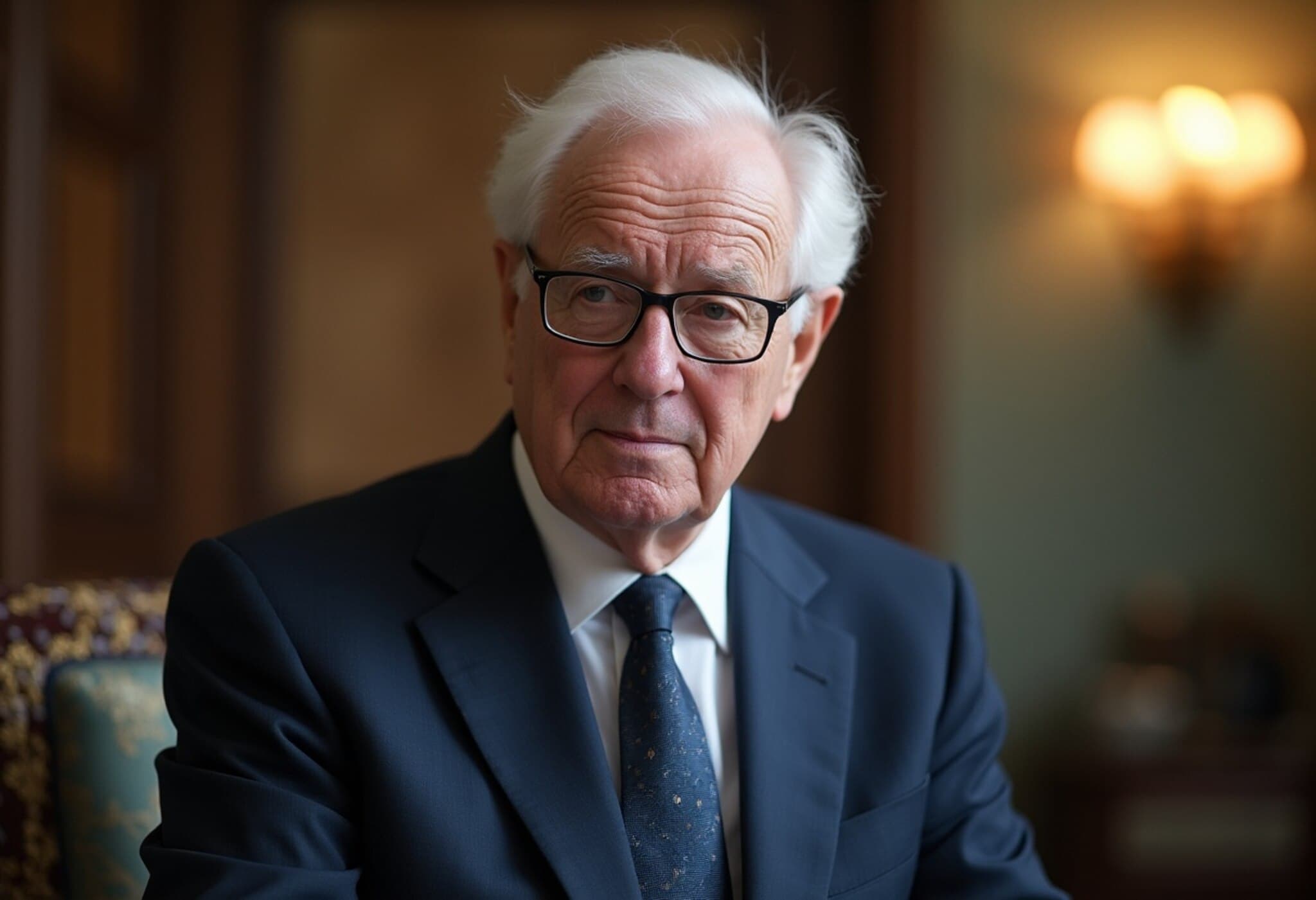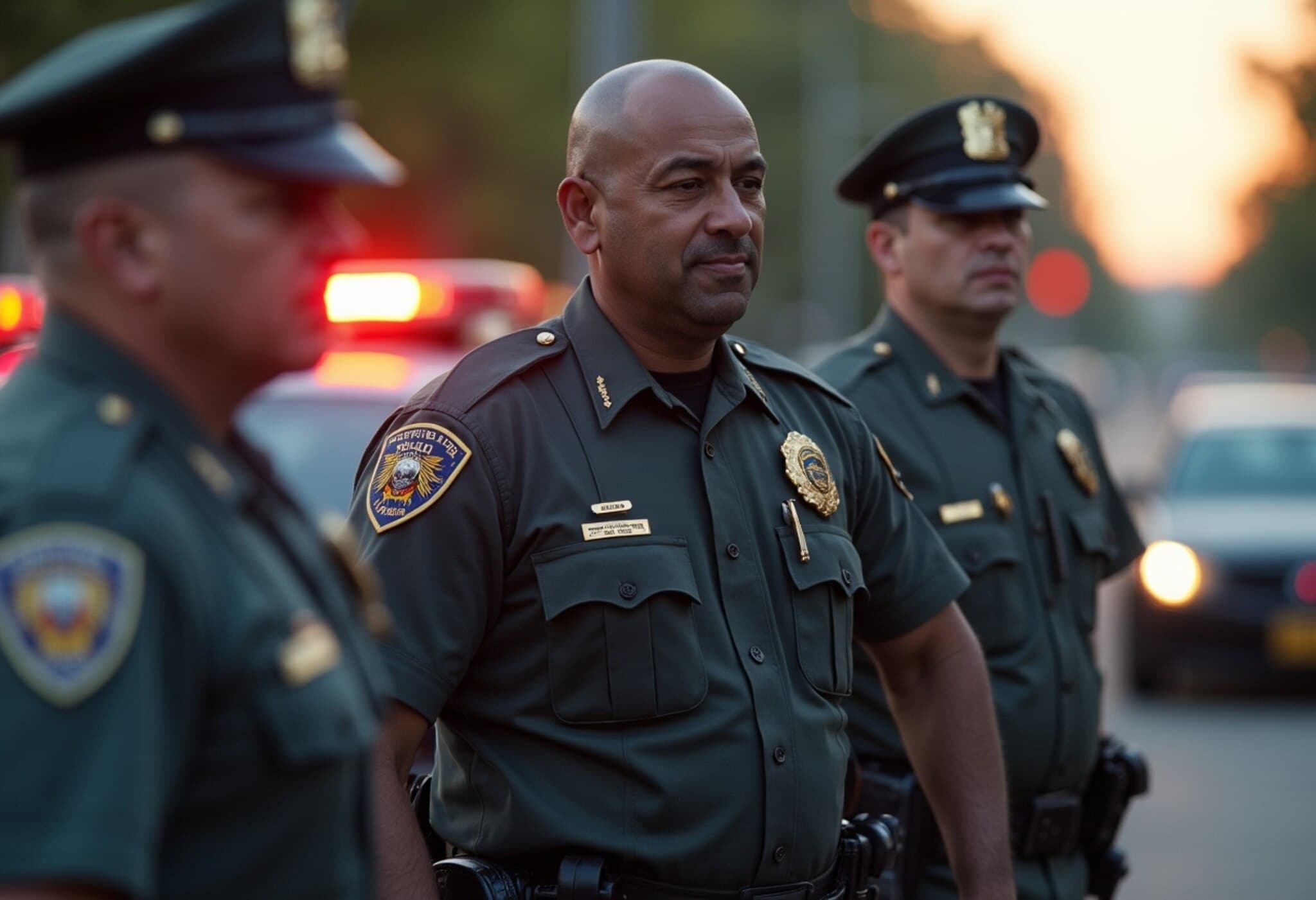Understanding the Surge in Racist Incidents and Migrant Protests in Ireland
In recent years, Ireland has experienced a troubling increase in racist attacks and anti-immigrant protests, mirroring challenges faced across much of Europe. Official data reveals a steady rise in hate crimes in 2024, totaling 676 hate-related incidents, compared to 651 in 2023. This escalation has sparked nationwide concern, including condemnations from Ireland's President Michael D. Higgins.
Recent Incidents and Community Impact
The rise in racial hostility has seriously affected migrant communities in Ireland, including those of Indian and African origin. One harrowing example involved a six-year-old Indian-origin girl who was attacked in Dublin's Fairview Park, alongside another Indian man assaulted by a group of teenagers. Such incidents expose the vulnerability of migrants living in Ireland and raise urgent questions about growing social tensions.
Roots of Anti-Immigrant Sentiment
Anti-immigrant protests in Ireland date back to around 2018, primarily triggered by an influx of asylum seekers fleeing conflicts in Syria and Iraq. A subsequent wave of refugees arriving from Ukraine in 2022 further intensified public unease. Beyond migration numbers, Ireland’s worsening cost-of-living crisis, rising unemployment, and escalating homelessness have compounded frustrations among native citizens, creating fertile ground for xenophobic rhetoric.
- Far-right groups have capitalized on these anxieties, warning that unchecked immigration threatens to alter Ireland’s demographic fabric.
- Social media platforms amplify these divisive narratives, with viral videos capturing anti-migrant demonstrations across the country.
Voices from the Protests
Recent demonstrations outside government buildings in Dublin reflect deep resentment towards policies perceived as favoring migrants over unhoused Irish citizens. Protesters proclaim they are "reclaiming Ireland for Irish people," demanding tighter immigration controls and questioning the government's approach to asylum seekers.
“Ireland has risen, the people have had enough,” proclaimed massive crowds marching through Cork City, highlighting growing public dissent.
Examining Hate Crime Trends
While attacks on Indian nationals have attracted media attention, official statistics suggest that no single community is uniquely targeted—though teenagers appear disproportionately involved in recent violent incidents. This underlines a disconcerting trend of youth radicalization and intolerance that experts warn is symptomatic of broader social issues.
Racism’s Deep-Rooted Presence in Ireland
Dr. Ebun Joseph, CEO of the Institute of Antiracism and Black Studies and special rapporteur for Ireland’s National Plan Against Racism, emphasizes that racism is not an emerging phenomenon in Ireland. "Communities such as Black Africans, Roma, and Travellers have faced persistent discrimination for decades," she explains.
Dr. Joseph highlights a worrying cultural shift: "Young people are internalizing and acting upon racist attitudes, sometimes violently, which constitutes a national crisis."
Echoing this view, Jennifer Whitmore, Social Democrat MP, reflects on how normalized racist attitudes have become in public discourse, especially on social media. She urges recognition of migrant contributions, noting, "Our health system would collapse without migrants’ indispensable roles." Whitmore further reminds that Ireland has a long history of migration itself, fostering empathy and connection.
The Broader Socio-Political Context
This surge in hate crimes and anti-immigrant protests unfolds amidst global challenges such as economic uncertainty and geopolitical conflicts. Ireland’s experience offers a cautionary tale about the intersection of social welfare deficits and cultural anxieties fueling divisiveness.
Experts suggest that policymakers must address both economic insecurities and foster inclusive narratives celebrating diversity to counteract rising xenophobia.
Editor’s Note
The recent spike in racist attacks and anti-immigrant protests in Ireland serves as a stark reminder of the fragile balance between social cohesion and economic pressures. Beyond statistics, these developments reveal human stories of fear, belonging, and resistance to change. For Ireland and other nations, confronting racism requires a multifaceted approach: robust social policies, education promoting intercultural understanding, and active political leadership to reaffirm the value of migrants. As the nation grapples with these challenges, the question remains: How can Ireland transform this moment of division into an opportunity for unity and resilience?

